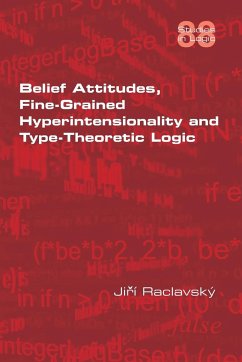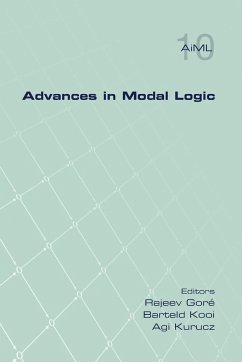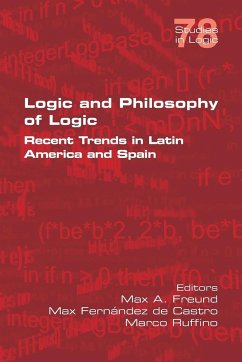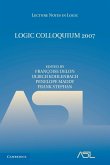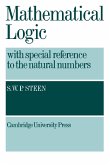The book Belief Attitudes, Fine-Grained Hyperintensionality and Type-Theoretic Logic offers an extensively elaborated approach to belief attitudes (knowledge, belief, etc.). It provides a thorough and efficient revision of the partial type theory founded by the Czech logician Pavel Tichy (based in New Zealand) and contributes to the current type-theoretic semantics. The type theory receives here a Henkin-style model-theoretic specification and the supplemented Tichy's natural deduction in sequent style provides its proof-theoretic specification. After the analysis of a fragment of natural language, a number of arguments involving belief sentences is examined and adequately modelled. The semantic system employed in this book involves rules for various logical and many extra-logical constants, it is called Transparent Hyperintensional Logic (THL). THL is a higher-order multimodal logic. It is an extensive development of Kuchy¿nka's initial revision of Tichy's Transparent Intensional Logic (TIL). The proposal is tested against well-known paradoxes such as Frege's paradox of identity, Cresswell's paradox of hyperintensional contexts, Hintikka's paradox of logical omniscience, Church-Fitch's paradox of knowability, or Kaplan-Montague's Knower Paradox. Jir¿ Raclavsky is Professor of Philosophy at Masaryk University (Brno, the Czech Republic).
Bitte wählen Sie Ihr Anliegen aus.
Rechnungen
Retourenschein anfordern
Bestellstatus
Storno

